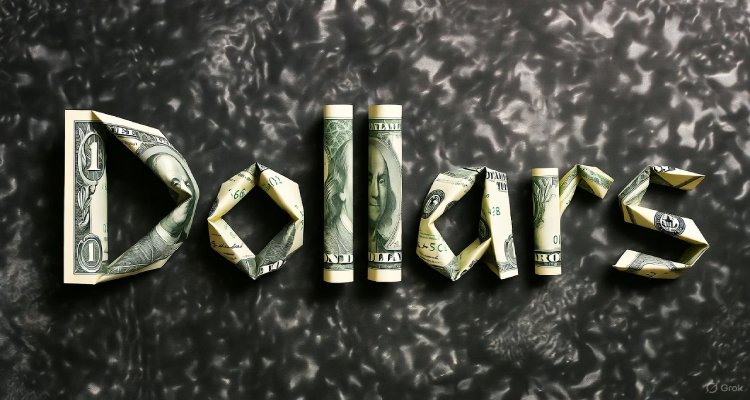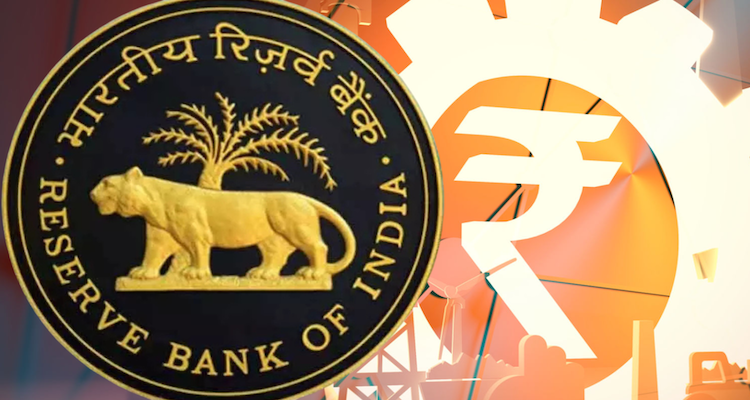The Billion-Dollar Industry of Manufactured Trust

Inside the booming global business of “manufactured trust,” where reputation, authenticity, and credibility are bought, sold, and engineered for profit in the digital age.
Introduction: The Price of Belief
In an age where authenticity sells, trust itself has become a commodity. From glowing online reviews and influencer endorsements to AI-generated testimonials and “verified” profiles, modern trust is no longer just earned — it’s engineered. Welcome to the billion-dollar industry of manufactured trust — an invisible marketplace where perception, not proof, drives power, profit, and persuasion.
Context & Background: From Reputation to Replication
A decade ago, trust was built slowly — through consistent behavior, word-of-mouth, and human relationships. But in the digital economy, credibility has been digitized. Today, an individual or brand’s reputation can be boosted overnight through ratings, reviews, and “social proof” crafted by specialized firms.
Platforms like Amazon, Google, and Yelp have become battlegrounds for credibility. According to Transparency Market Research, the global online reputation management market — which includes everything from fake reviews to crisis PR — was valued at over $450 million in 2023, and is projected to exceed $1.2 billion by 2030.
What’s fueling this surge? A simple equation: in a world of algorithmic visibility, trust equals revenue. Whether it’s a five-star product, a verified account, or a viral influencer post, the appearance of reliability can make or break fortunes.
Main Developments: How Trust Became a Tradeable Asset
Behind every five-star rating or glowing testimonial, there may be a price tag. Specialized agencies now sell “reputation packages” — bundles that include positive reviews, fake followers, and even blue checkmarks on social platforms.
According to cybersecurity firm CHEQ, businesses lose an estimated $152 billion annually due to fake online content, much of it designed to manipulate consumer trust. On the flip side, companies willingly spend millions to counteract this manipulation with their own PR defense — hiring digital clean-up firms to remove negative search results, suppress criticism, or fabricate counter-narratives.
Even AI is now a player. Generative AI tools can create lifelike product reviews, credible influencer personas, or fabricated user experiences at scale. These systems blur the line between organic endorsement and algorithmic illusion — a phenomenon experts are calling synthetic credibility.
Expert Insight: “Trust Has Become a Managed Asset”
“Trust is now a managed asset, not a moral one,” says Dr. Elise Norton, a behavioral economist at the University of Chicago. “In the attention economy, people no longer distinguish between genuine credibility and engineered credibility — they respond to what looks trustworthy.”
Digital marketing strategist Marcus Wu agrees. “Companies treat reputation the way investors treat portfolios,” he notes. “You diversify, hedge against risk, and buy insurance — even if that means paying for positive perception.”
This manufactured credibility extends beyond commerce. Politicians hire digital consultancies to amplify favorable narratives. Social media influencers purchase engagement metrics to appear more influential. Even charitable organizations employ firms to polish their online presence before fundraising campaigns.
Impact & Implications: The Future of Faith in a Fabricated World
The commodification of trust raises troubling questions. If authenticity can be replicated, how can users tell what’s real? As consumers grow skeptical of everything — from ads to influencers — platforms face an existential challenge: rebuilding real trust.
Big Tech is responding with stricter verification tools, AI-powered fraud detection, and penalties for fake reviews. Amazon, for instance, filed lawsuits against thousands of individuals and groups selling fraudulent ratings. Meanwhile, startups are developing blockchain-based systems to authenticate testimonials and digital identities.
Yet, experts warn that as technology evolves, so will deception. The next frontier may not be fake reviews — but AI-generated personas indistinguishable from real humans, capable of building long-term credibility networks.
Conclusion: The Authenticity Paradox
Trust, once an invisible bond between people, is now a visible product — packaged, priced, and optimized for clicks. The billion-dollar industry of manufactured trust reveals a paradox of the modern age: the more we try to buy authenticity, the less authentic the world becomes.
But perhaps, amid the noise, there lies opportunity — a growing hunger for what’s real. In a marketplace flooded with synthetic sincerity, true transparency might just become the rarest, and most valuable, form of trust left.
Disclaimer:This article is based on research, publicly available data, and expert insights to provide general information on emerging digital trends. It does not make any financial or legal claims.










